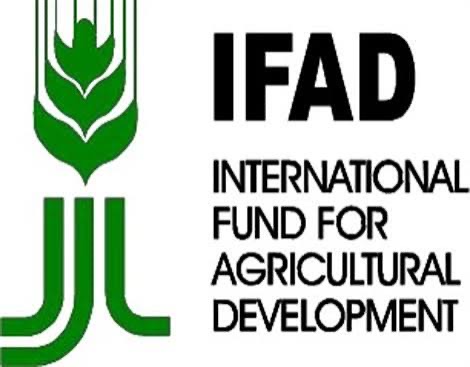
Smallholder farmers across Nigeria have earned more than $40 million through the Federal Government (FG) and International Fund for Agricultural Development (IFAD) Value Chain Development Programme (VCDP), a joint initiative aimed at transforming rural agriculture and boosting farmers’ incomes.
The achievement was announced by Mrs. Dede Ekoue, IFAD Country Director, during the 12th Joint FG and IFAD Supervision Mission held in Abuja. The mission reviewed the progress of the $334 million VCDP, which is co-financed by IFAD and the Nigerian government.
The programme focuses on strengthening Nigeria’s rice and cassava value chains, enhancing productivity, and improving market access for smallholder farmers. According to IFAD, the initiative has directly benefited over 121,000 farmers across nine participating states, with a target to reach 135,000 beneficiaries.
“The VCDP continues to empower smallholder farmers with better yields, improved income, and sustainable market linkages. It is a model for transforming rural agriculture into a profitable business,” said Mrs. Ekoue.
Under the programme, rice farmers have increased their yields from an average of 2 to 2.5 metric tonnes per hectare to between 5 and 6 tonnes, reflecting major productivity gains. In addition, more than 16,000 rice farmers have entered 878 contractual agreements with off-takers through the Commodity Alliance Forum (CAF), a public-private-producer platform created by the VCDP to strengthen market access and ensure fair pricing.
The programme’s achievements highlight the impact of strategic investment and collaboration between the government, development partners, and the private sector in driving agricultural growth and improving rural livelihoods.
Experts note that the success of the VCDP demonstrates how access to inputs, training, and secure market linkages can help smallholder farmers achieve financial stability while contributing to national food security.
The FG and IFAD Value Chain Development Programme continues to serve as a model for sustainable agricultural development, with stakeholders confident about its long-term benefits for Nigeria’s agri-food sector.
